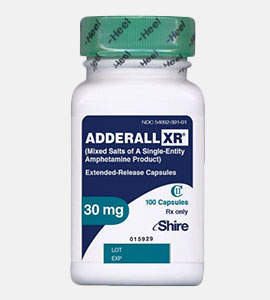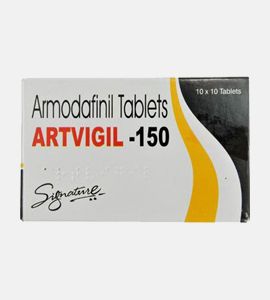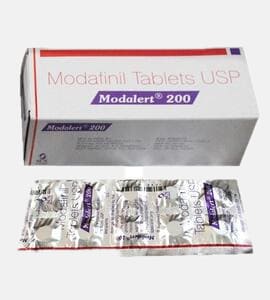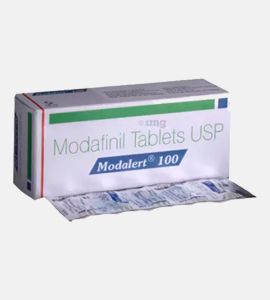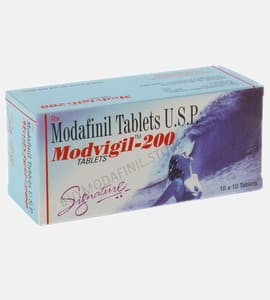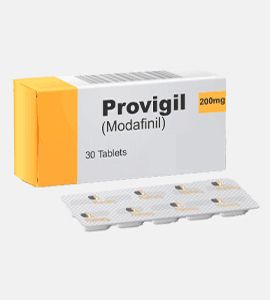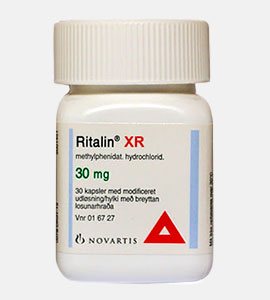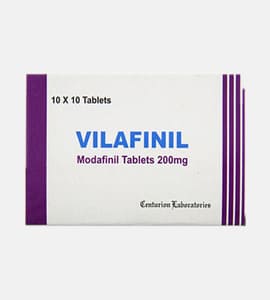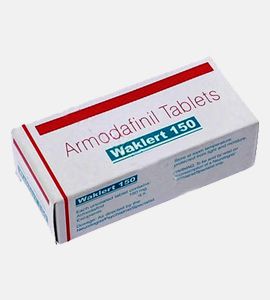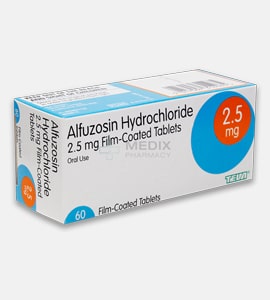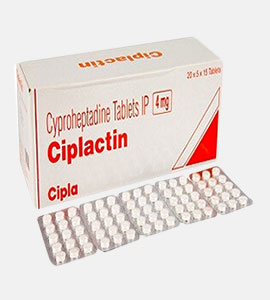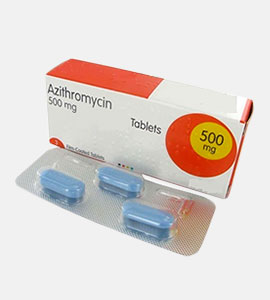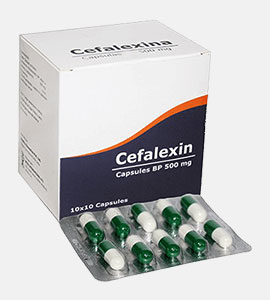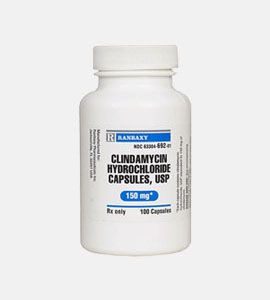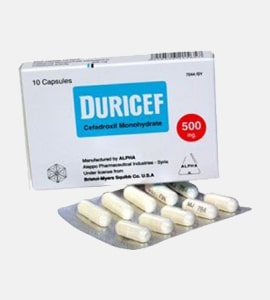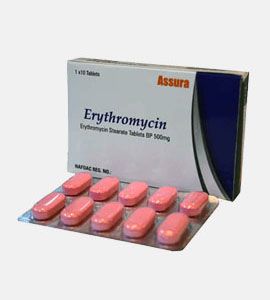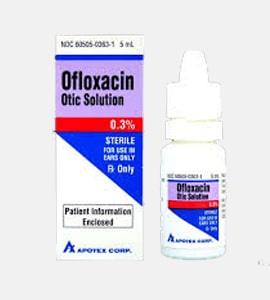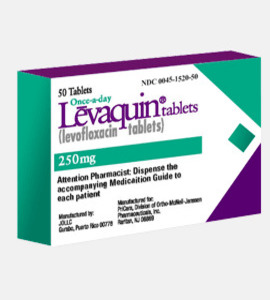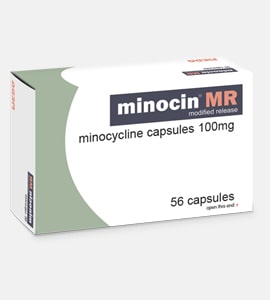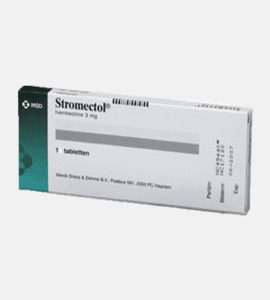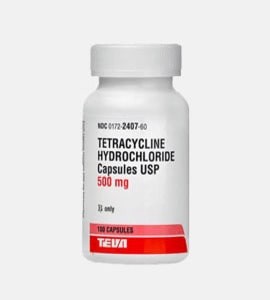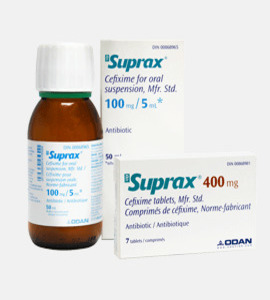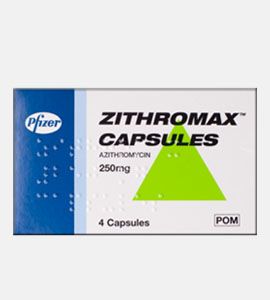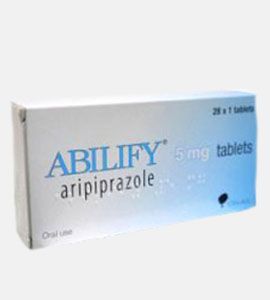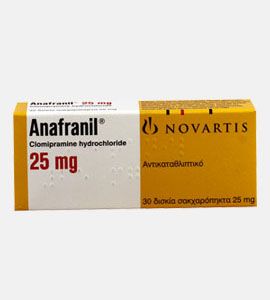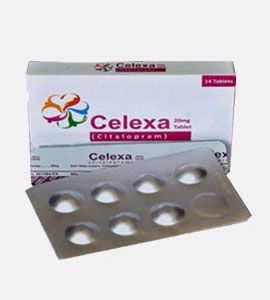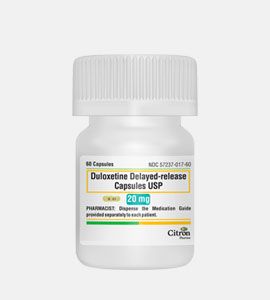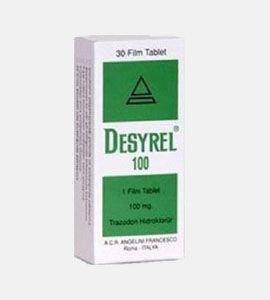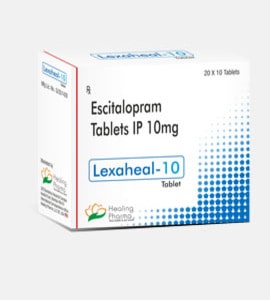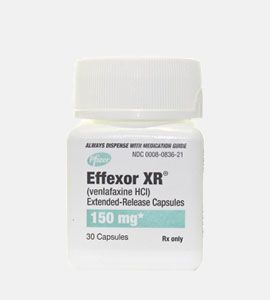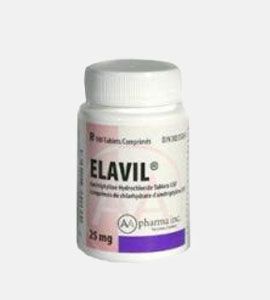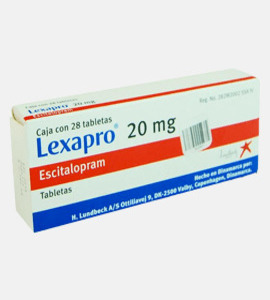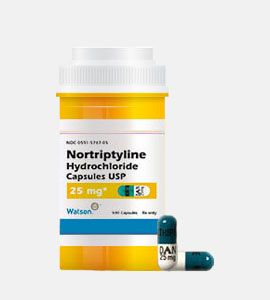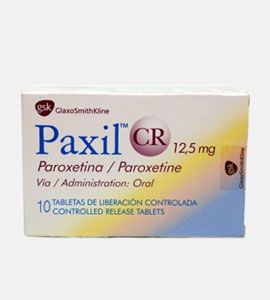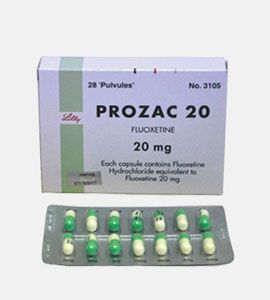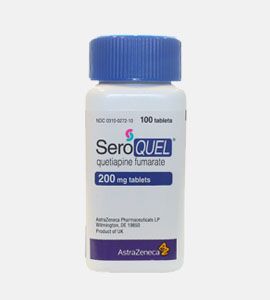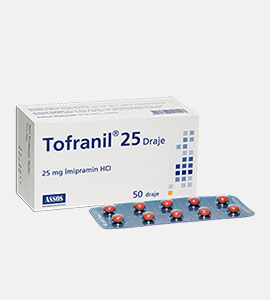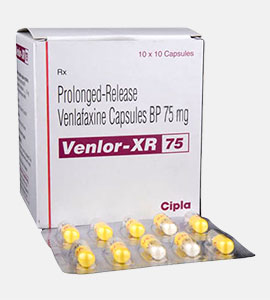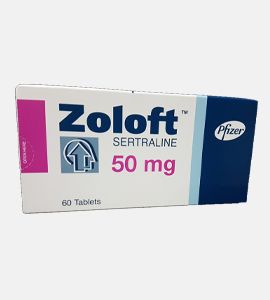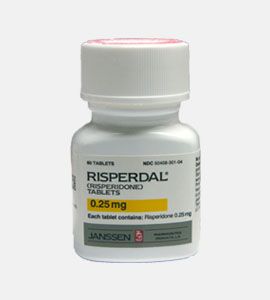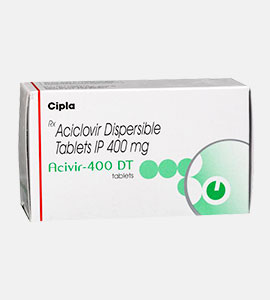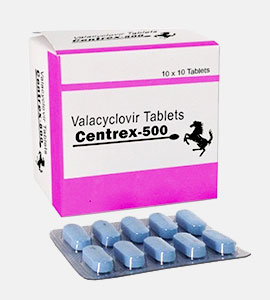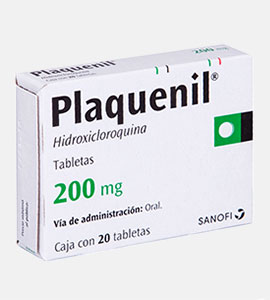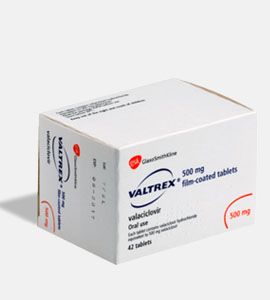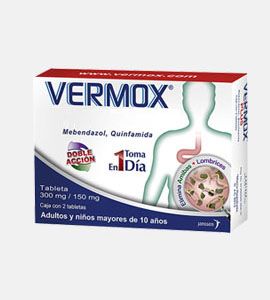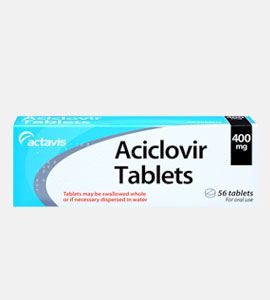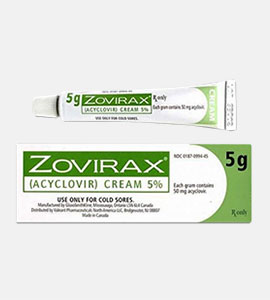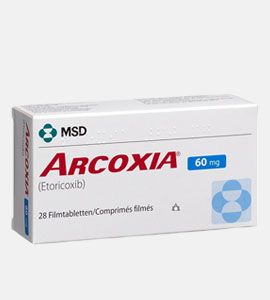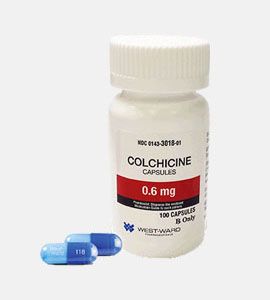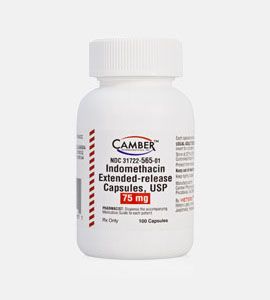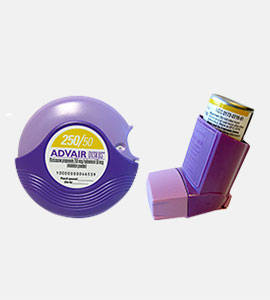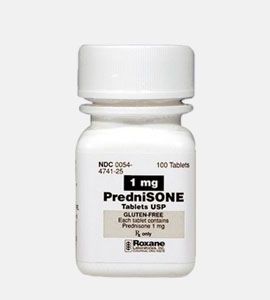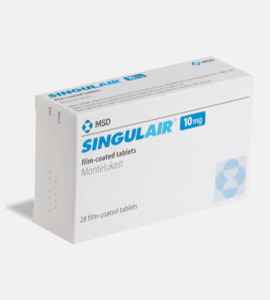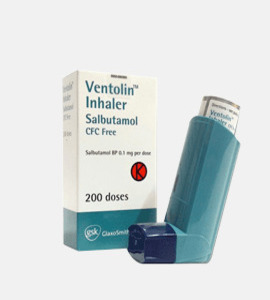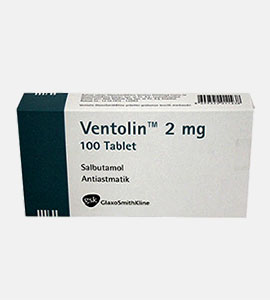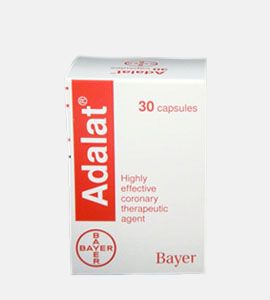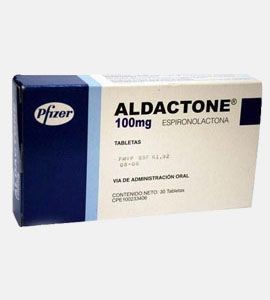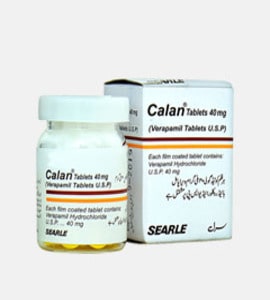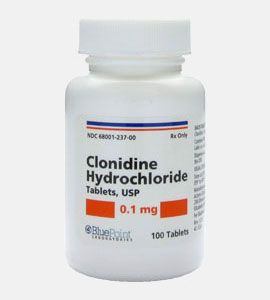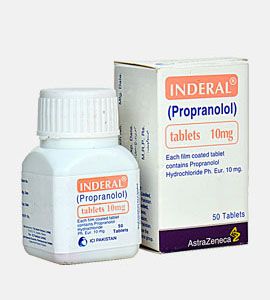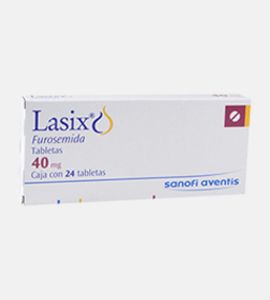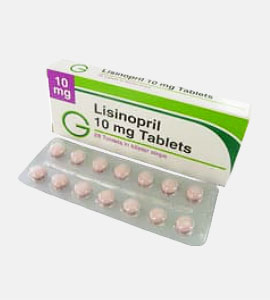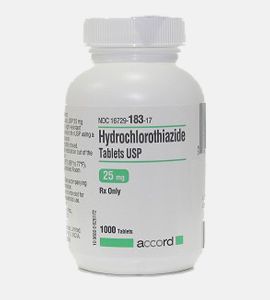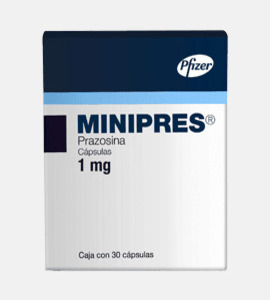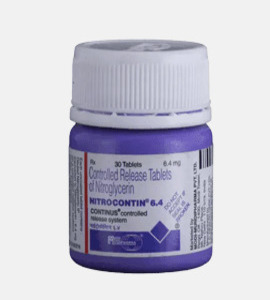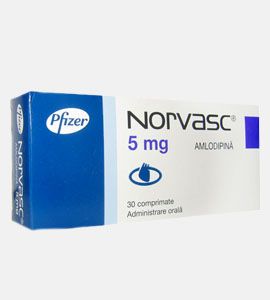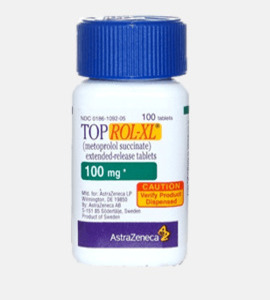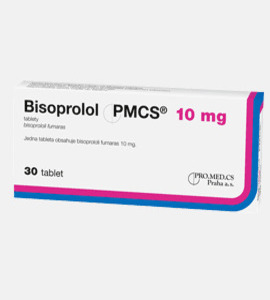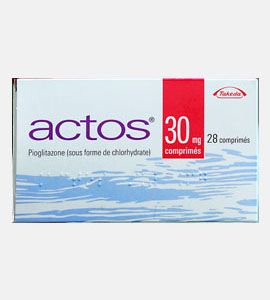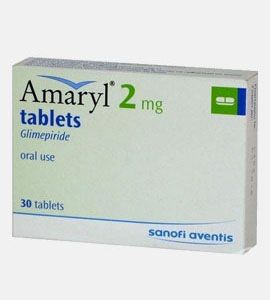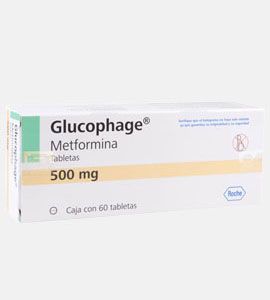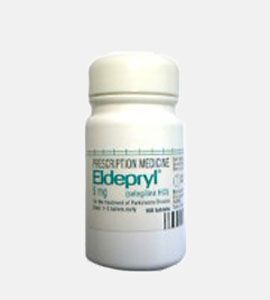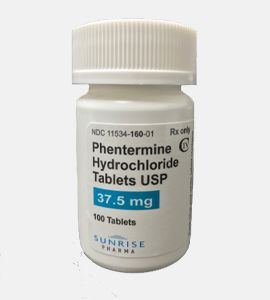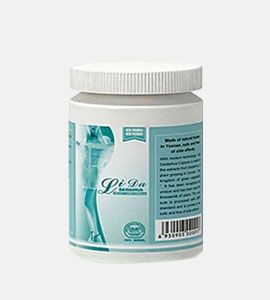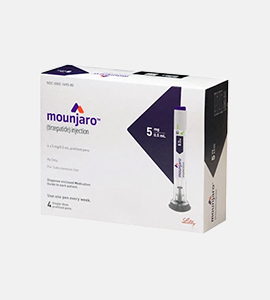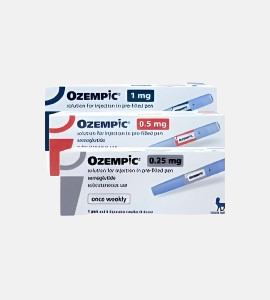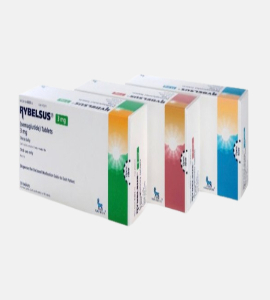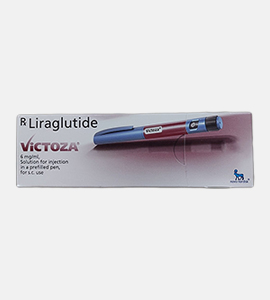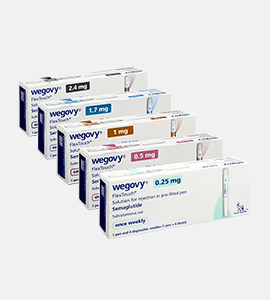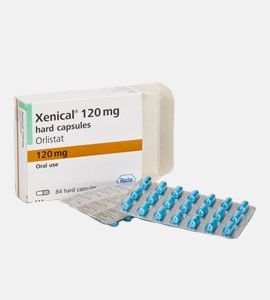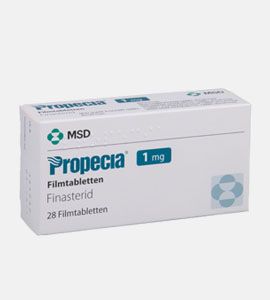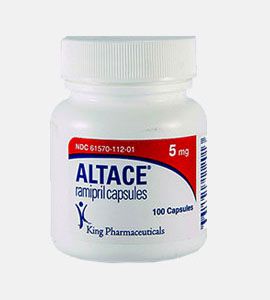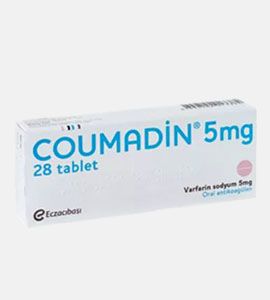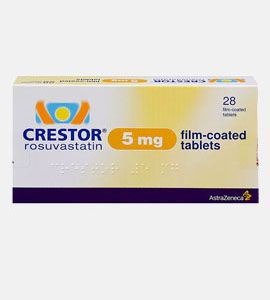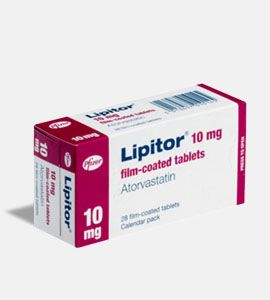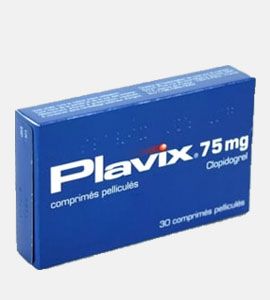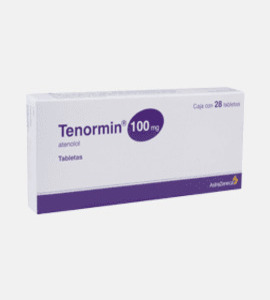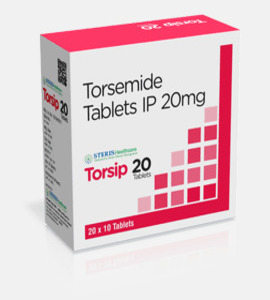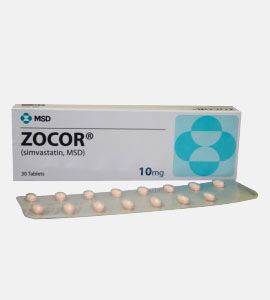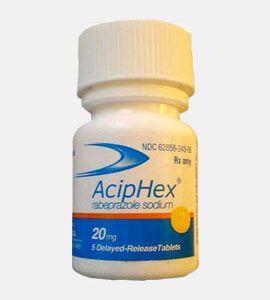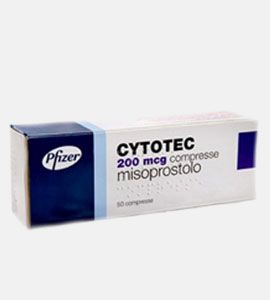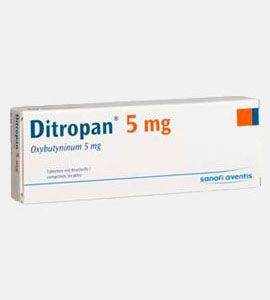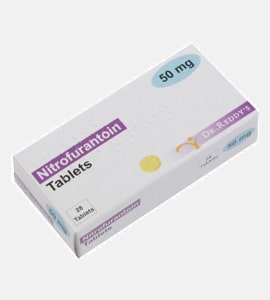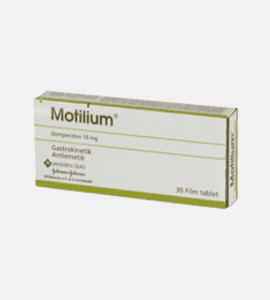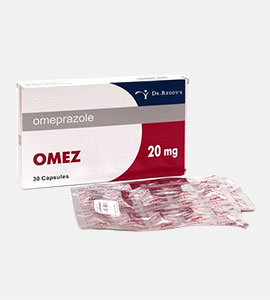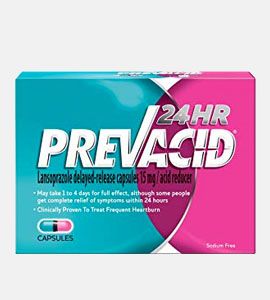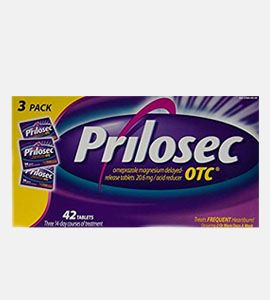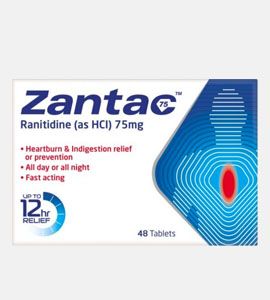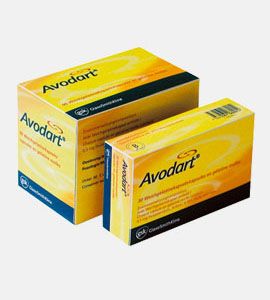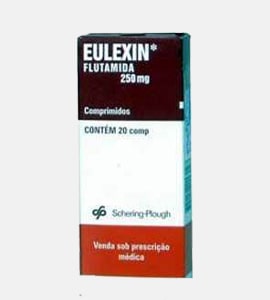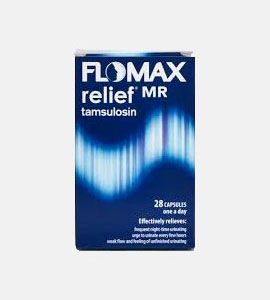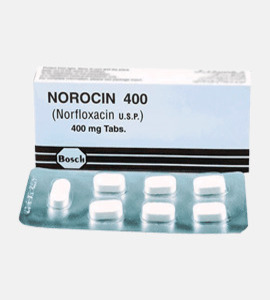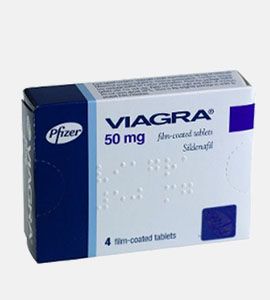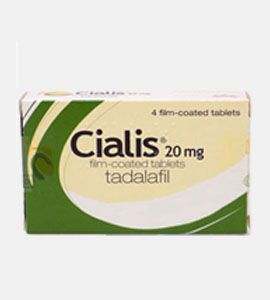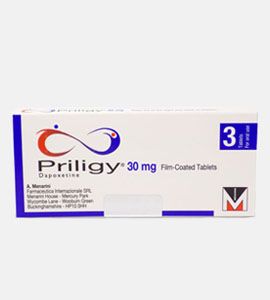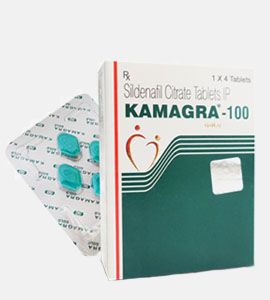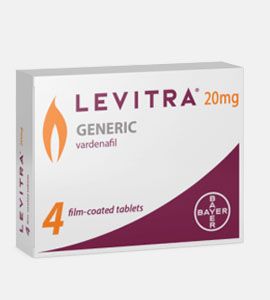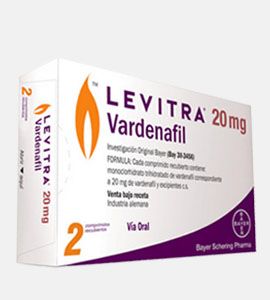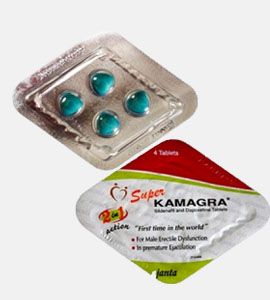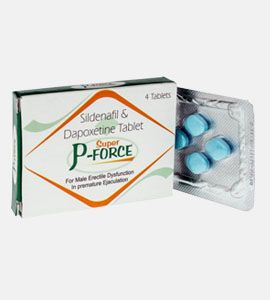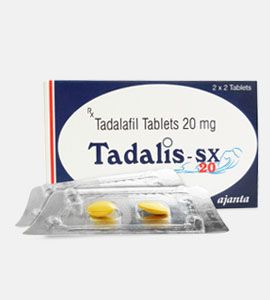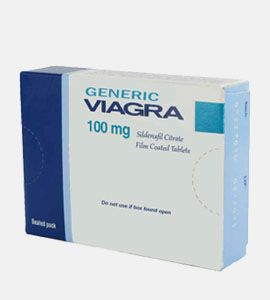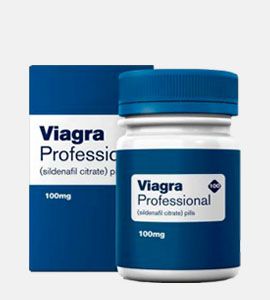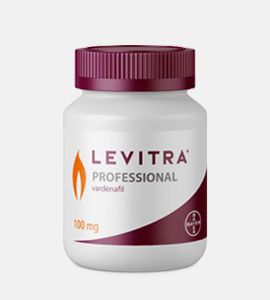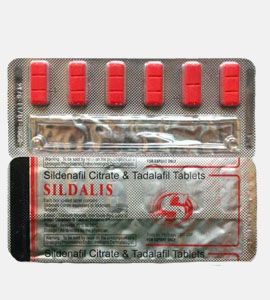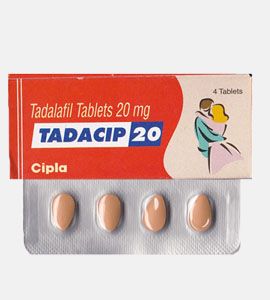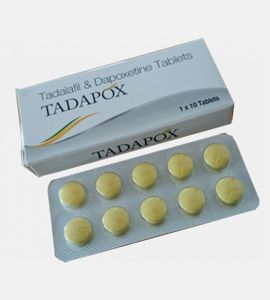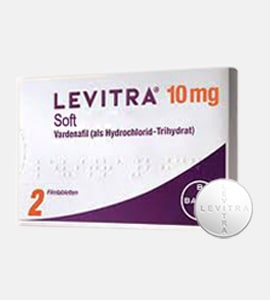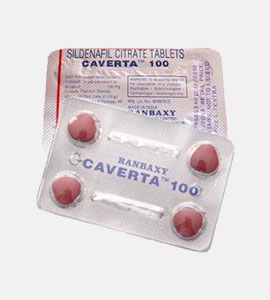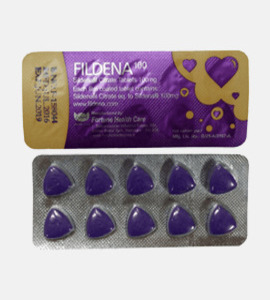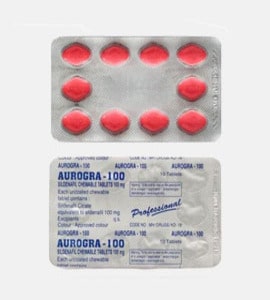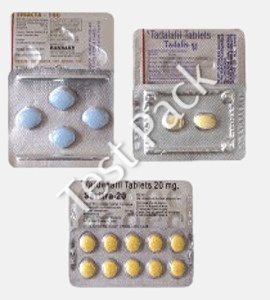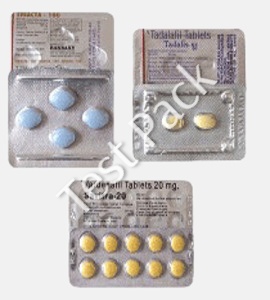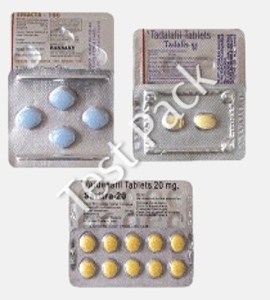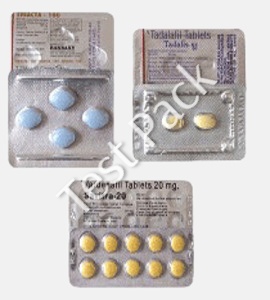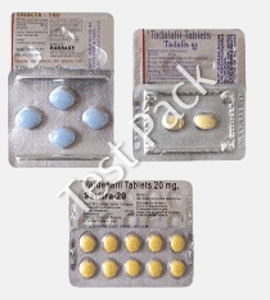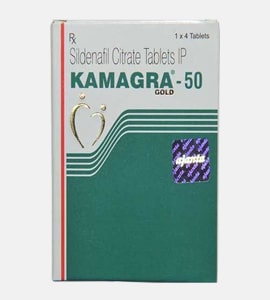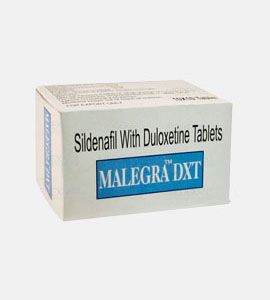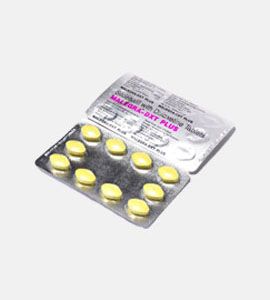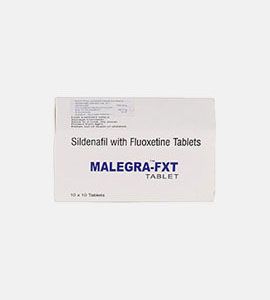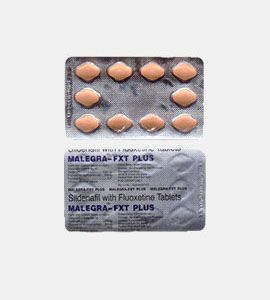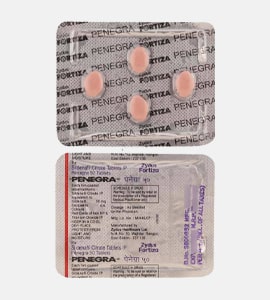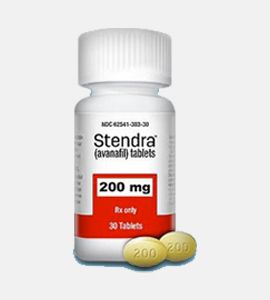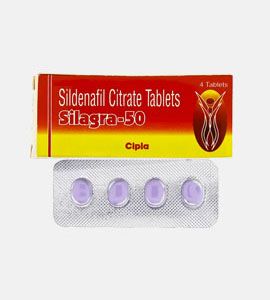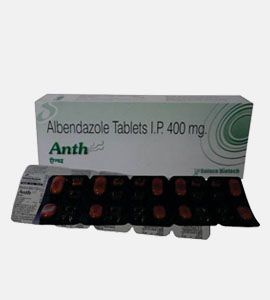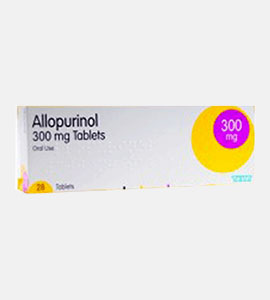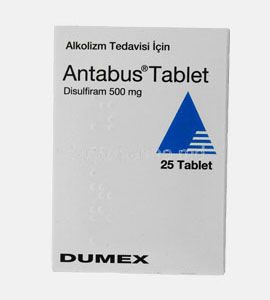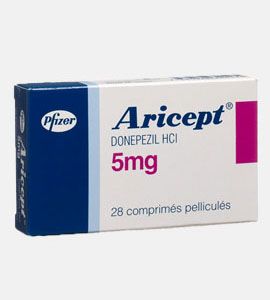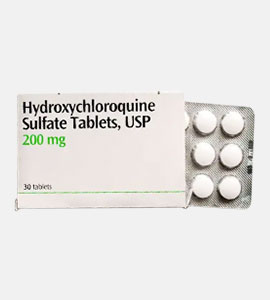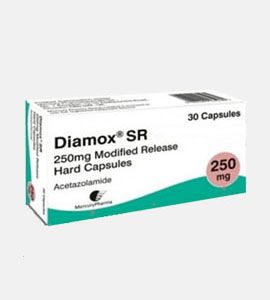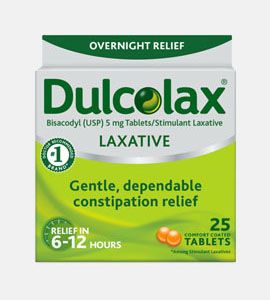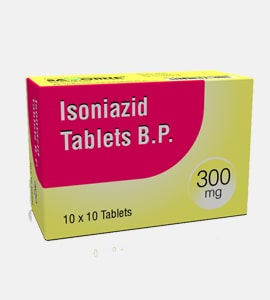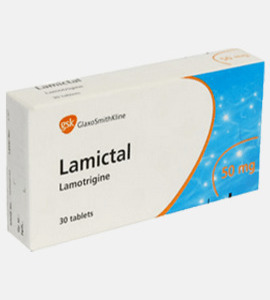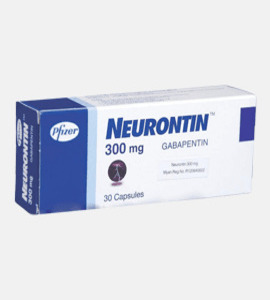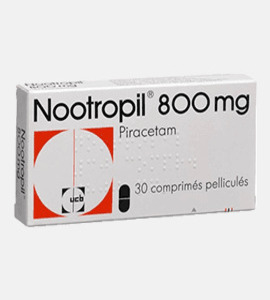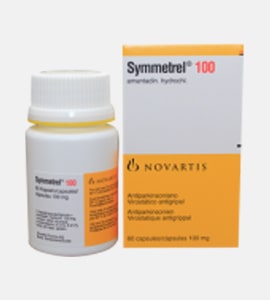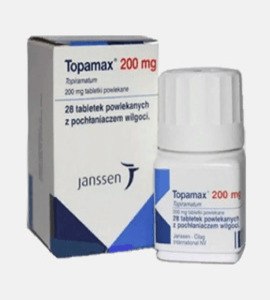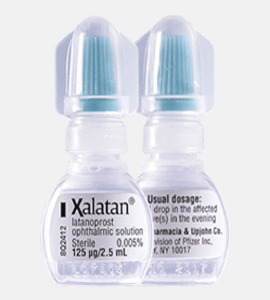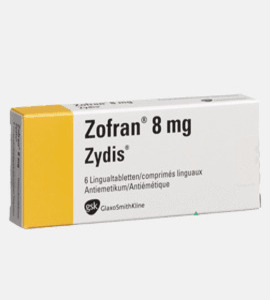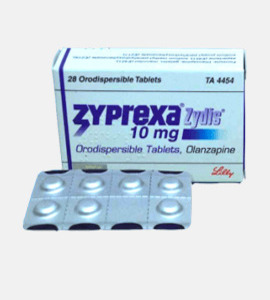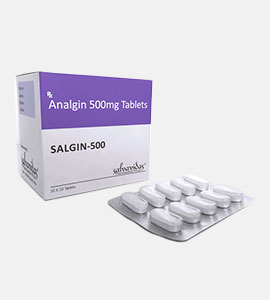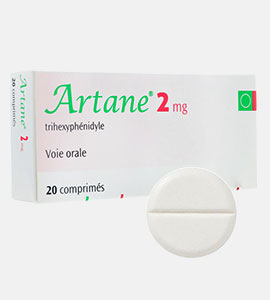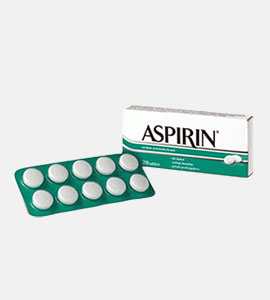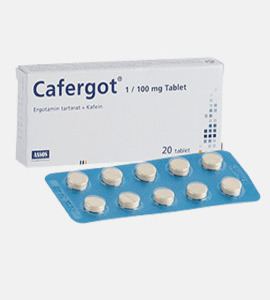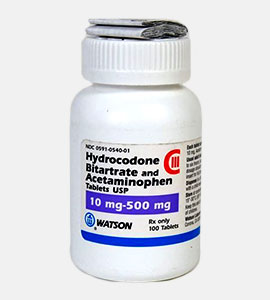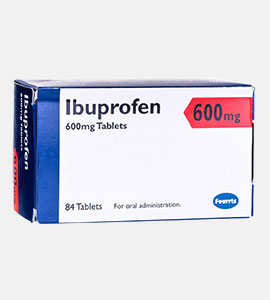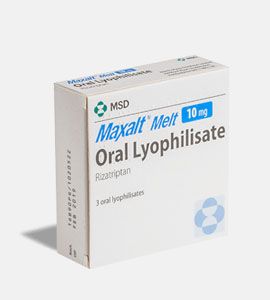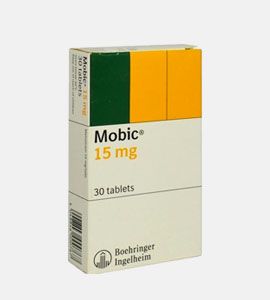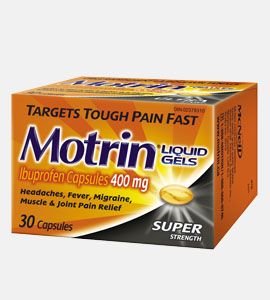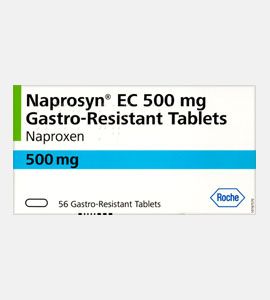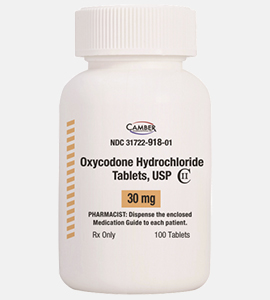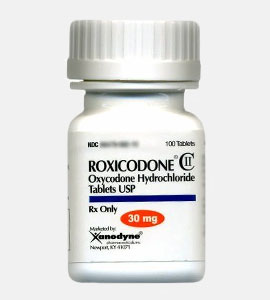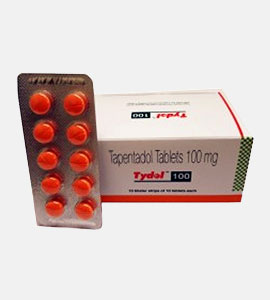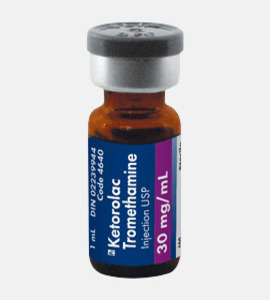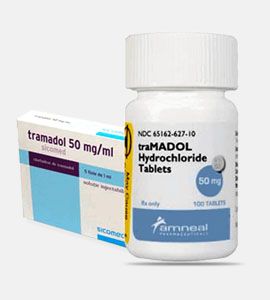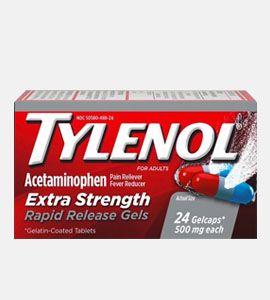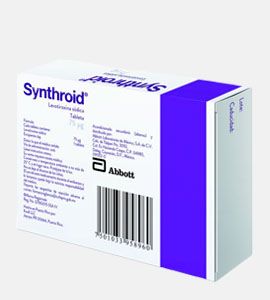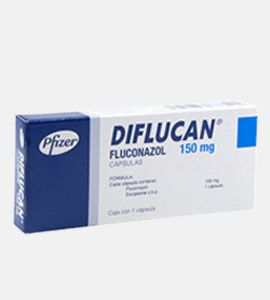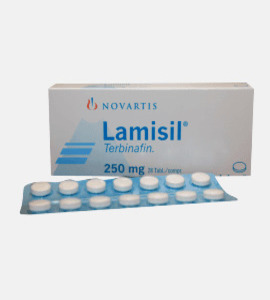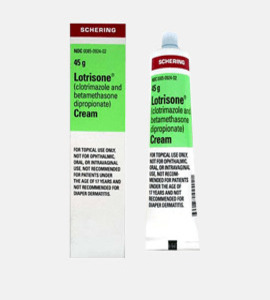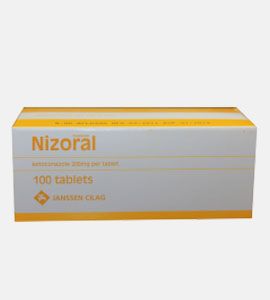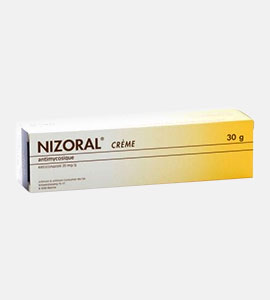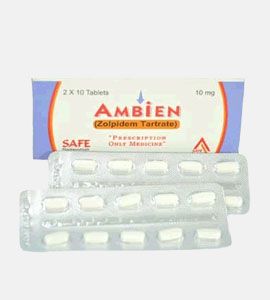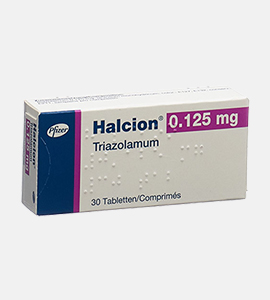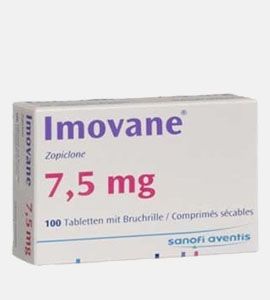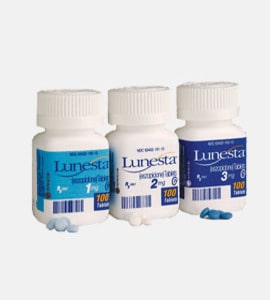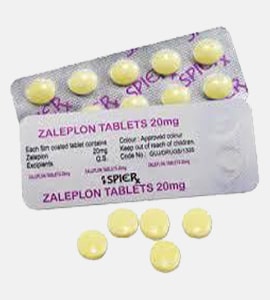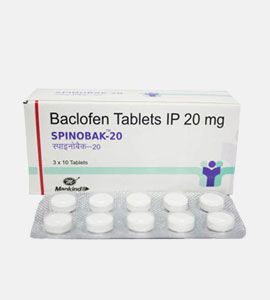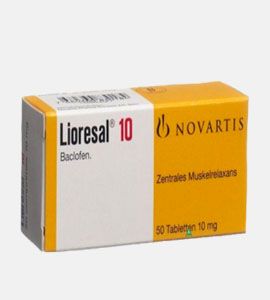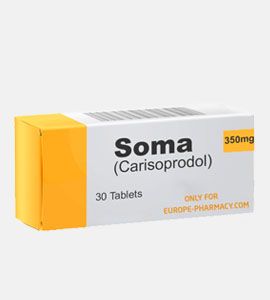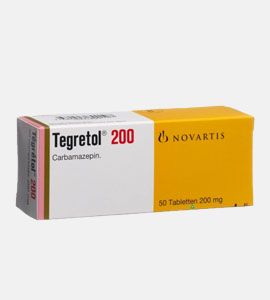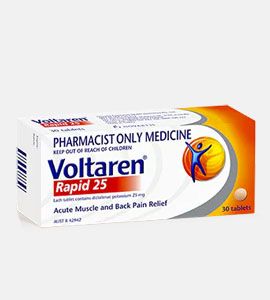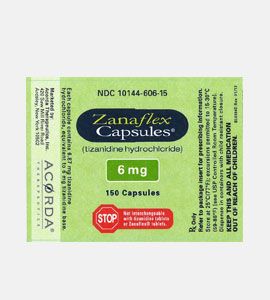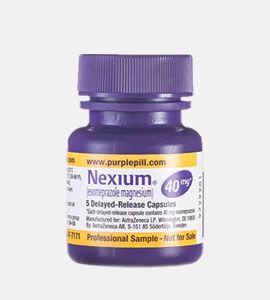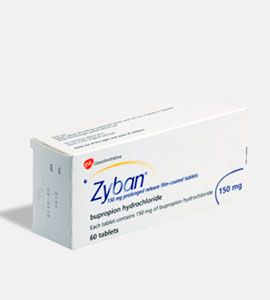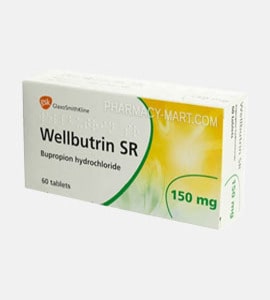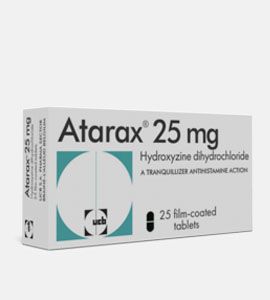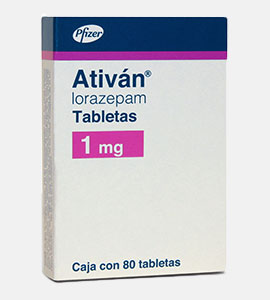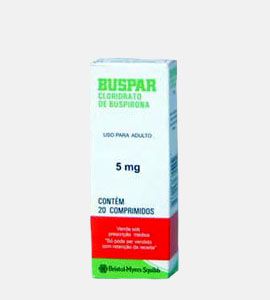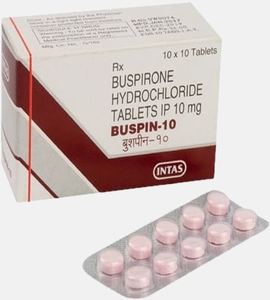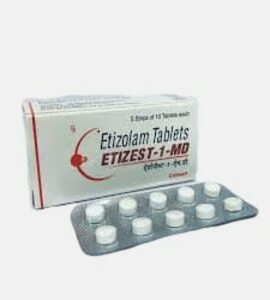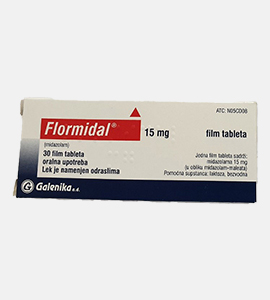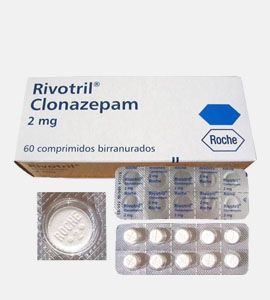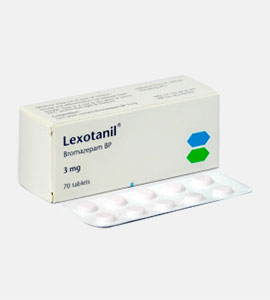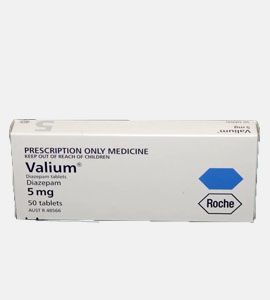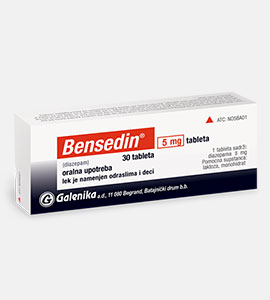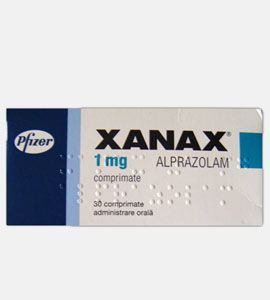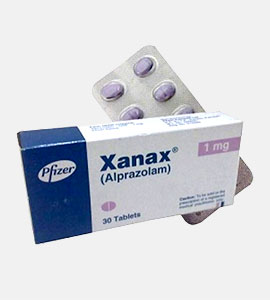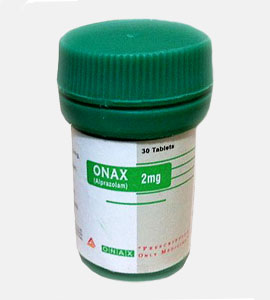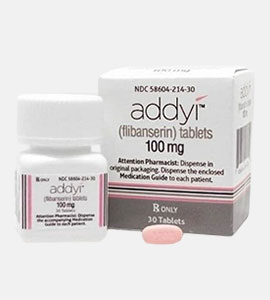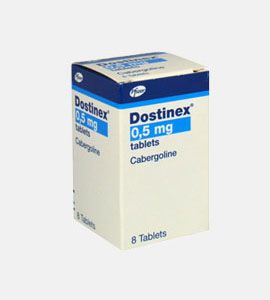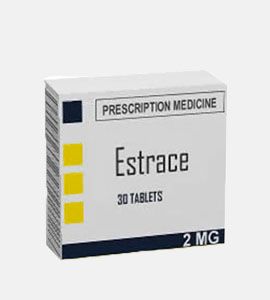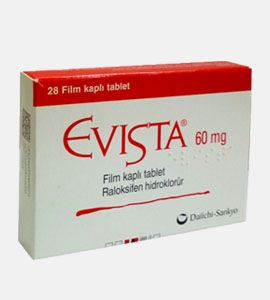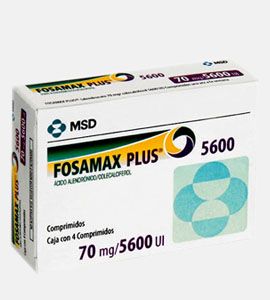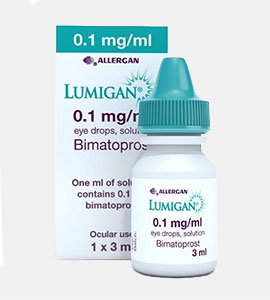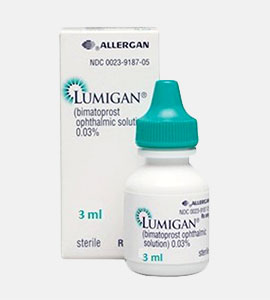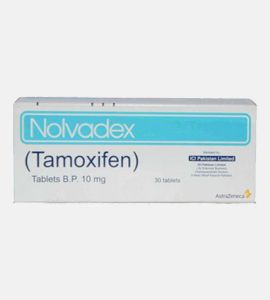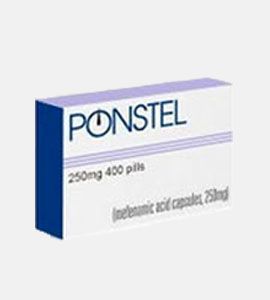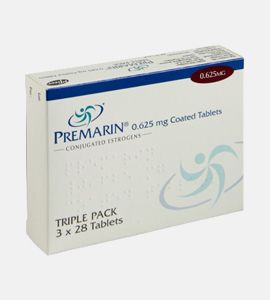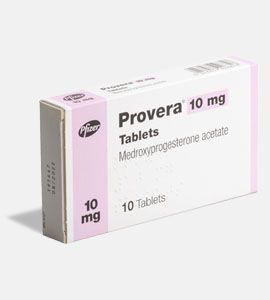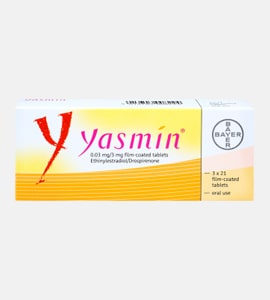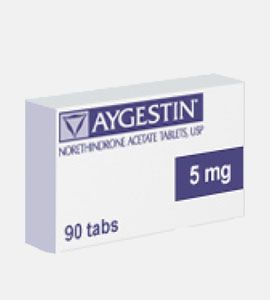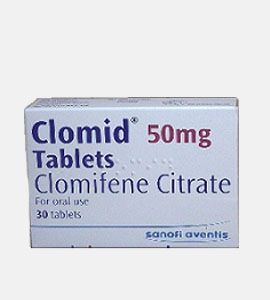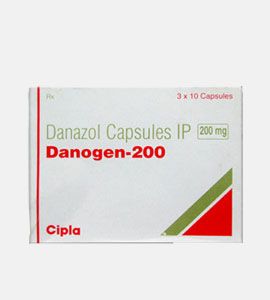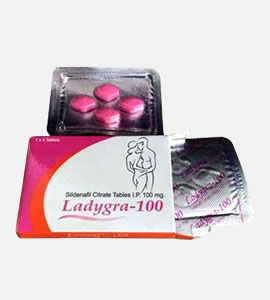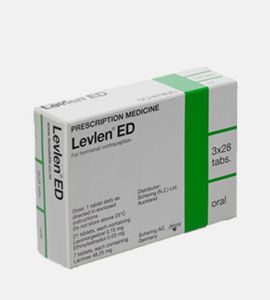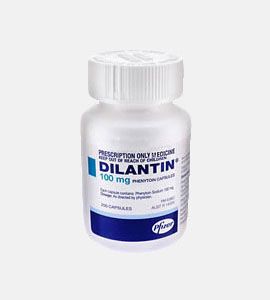
* Alleen ter illustratie
Dilantin (Phenytoin)
In Stock
Handelsnaam: Dilantin
Actief ingrediënt: Fenytoïne
Productievorm: Tabletten
Gebruik: Controleert aanvallen bij epilepsie en voorkomt stuipen
Werking begint: Binnen 30–60 minuten
Effectief: Afhankelijk van patiënt; meestal 6–12 uur
Beschikbare dosering: 100 mg, 200 mg
Verzending: Producten met vermelde doseringen (EU) worden binnen Europa verzonden en garanderen een snellere levertijd.
-
Verzending5-7 dagenGegarandeerde levertijd 16 dagenGegarandeerde levertijd 16 dagenGenoemde doseringen (EU), worden binnen Europa verzonden en garanderen een snellere levering.
-
Betaling






-
Upgrade en bespaar. Voeg items aan je winkelwagentje toe en krijg gratis verzending
357.33 AU$
Please chose your desired dosage:
| Product Name | Quantity | Per Pill | Price | |
|---|---|---|---|---|
| Dilantin (Phenytoin) | 30 pillen | 5.12 AU$ | 153.65 AU$ | |
| Dilantin (Phenytoin) | 60 pillen | 3.07 AU$ | 184.03 AU$ | |
| Dilantin (Phenytoin) | 90 pillen | 2.38 AU$ | 214.40 AU$ | |
| Dilantin (Phenytoin) | 120 pillen | 2.04 AU$ | 244.77 AU$ | |
| Dilantin (Phenytoin) | 180 pillen | 1.70 AU$ | 305.52 AU$ | |
| Dilantin (Phenytoin) | 240 pillen | 2.03 AU$ | 487.76 AU$ | |
| Dilantin (Phenytoin) | 270 pillen | 1.92 AU$ | 518.13 AU$ | |
| Dilantin (Phenytoin) | 360 pillen | 1.70 AU$ | 611.03 AU$ |

Free shipping for orders more than €200

Discreet packaging. Secure and confidential

100% moneyback guarantee

No prescription required
Dilantin (Phenytoin)
Handelsnaam: Dilantin
Actief ingrediënt: Fenytoïne
Productievorm: Tabletten
Gebruik: Controleert aanvallen bij epilepsie en voorkomt stuipen
Werking begint: Binnen 30–60 minuten
Effectief: Afhankelijk van patiënt; meestal 6–12 uur
Beschikbare dosering: 100mg, 200mg
Verzending: Producten met vermelde doseringen (EU) worden binnen Europa verzonden en garanderen een snellere levertijd.
Dilantin is anti-seizure medication described as an effective drug which reduces electrical conductance among brain cells by stabilizing the inactive state of voltage gated sodium channels. This medication is used to treat epilepsy (seizures), to prevent post-traumatic epilepsy and epilepsy caused by neurosurgery, ventricular arrhythmias, including intoxication with cardiac glycosides, some forms of Meniere's syndrome, trigeminal neuralgia and many other conditions.
Dose of Dilantin in patients treated for non-epileptic disease should be several times lower than in ones with epilepsy. Your dosage should be prescribed by your doctor. A recommended daily dose to treat epileptic seizures is 5 mg per kilo in adults and 4-7 mg per kilo in children. The daily dose should be divided for 1-2 intakes. If to take the medication with food it may reduce its side effects. Correction of the dose is needed in elderly patients, debilitated persons, and patients with certain kidney or liver diseases. Do not use Dilantin suspension at the same time as tube feedings. Do not stop taking this drug without your doctor's permission even if you feel fine as you may have increase in seizures. Do not chew, crush, break, open an extended-release capsule; swallow the whole pill. Shake the suspension before to use it and measure it with a special spoon.
Dilantin is prohibited in patients with liver and kidneys diseases, leukopenia, heart failure, cachexia, porphyria and in patients concomitantly treated with isoniazid, teturamom, aspirin. Cautiousness should be exercised in pregnant or breastfeeding patients (increased risk of malformations and birth defects), ones sick with diabetes.
Adverse side effects may appear during treatment with Dilantin:
dizziness,
agitation,
tremor,
ataxia,
nystagmus (involuntary eyes movements),
fever, nausea,
vomiting,
changes in connective tissue (coarsening of facial features, Dupuytren's contracture),
allergic reaction (rash, itching).
Prolonged use of the medication in patients and especially in children may causes dyspepsia, gingival hyperplasia (overgrowth of the gums), osteopathy, hypocalcemia, megaloblastic anemia.
In rare cases lymphadenopathy and hirsutism (excessive and increased hair growth) may appear. Lymph nodes may sometimes painfully swell up. Level of glucose may rise also so it should be used cautiously in patients with diabetes. Weakness of the bones stipulated by interference of Dilantin into the synthesis of vitamin D may appear. Risk of suicidal behavior in patients treated with Dilantin increases. In case of any serious side effects listed above and also ones of allergy seek for immediate medical help.
If you missed a dose take it as soon as you remember. If it is almost time of your next dose just skip the missed dose and return to your schedule.
Large doses of Dilantin cause ataxia, nystagmus, diplopia (double vision), extrapyramidal disorder, hyperkinesia (muscular activity), sensory neuropathy. High concentration of Dilantin (more than 50 mg/l) in rare cases may cause aggravation of attacks, sopor (abnormally deep sleep) and coma. Large doses of the medication increase blood levels of glucose in patients who are not sick with diabetes. Blood levels of Dilantin over 20 mg/l in children may lead to acute toxicity: nystagmus, ataxia, mental disorders, joint pain, and in more severe cases bradycardia, ventricular fibrillation, atrial flutter, asystole, and coma. If you suppose that Dilantin was overdosed seek for immediate medical help.
Store tablets, capsules, and suspension of Dilantin at room temperature, 15-30 C (59-86 F).
Dose of Dilantin in patients treated for non-epileptic disease should be several times lower than in ones with epilepsy. Your dosage should be prescribed by your doctor. A recommended daily dose to treat epileptic seizures is 5 mg per kilo in adults and 4-7 mg per kilo in children. The daily dose should be divided for 1-2 intakes. If to take the medication with food it may reduce its side effects. Correction of the dose is needed in elderly patients, debilitated persons, and patients with certain kidney or liver diseases. Do not use Dilantin suspension at the same time as tube feedings. Do not stop taking this drug without your doctor's permission even if you feel fine as you may have increase in seizures. Do not chew, crush, break, open an extended-release capsule; swallow the whole pill. Shake the suspension before to use it and measure it with a special spoon.
Dilantin is prohibited in patients with liver and kidneys diseases, leukopenia, heart failure, cachexia, porphyria and in patients concomitantly treated with isoniazid, teturamom, aspirin. Cautiousness should be exercised in pregnant or breastfeeding patients (increased risk of malformations and birth defects), ones sick with diabetes.
Adverse side effects may appear during treatment with Dilantin:
dizziness,
agitation,
tremor,
ataxia,
nystagmus (involuntary eyes movements),
fever, nausea,
vomiting,
changes in connective tissue (coarsening of facial features, Dupuytren's contracture),
allergic reaction (rash, itching).
Prolonged use of the medication in patients and especially in children may causes dyspepsia, gingival hyperplasia (overgrowth of the gums), osteopathy, hypocalcemia, megaloblastic anemia.
In rare cases lymphadenopathy and hirsutism (excessive and increased hair growth) may appear. Lymph nodes may sometimes painfully swell up. Level of glucose may rise also so it should be used cautiously in patients with diabetes. Weakness of the bones stipulated by interference of Dilantin into the synthesis of vitamin D may appear. Risk of suicidal behavior in patients treated with Dilantin increases. In case of any serious side effects listed above and also ones of allergy seek for immediate medical help.
If you missed a dose take it as soon as you remember. If it is almost time of your next dose just skip the missed dose and return to your schedule.
Large doses of Dilantin cause ataxia, nystagmus, diplopia (double vision), extrapyramidal disorder, hyperkinesia (muscular activity), sensory neuropathy. High concentration of Dilantin (more than 50 mg/l) in rare cases may cause aggravation of attacks, sopor (abnormally deep sleep) and coma. Large doses of the medication increase blood levels of glucose in patients who are not sick with diabetes. Blood levels of Dilantin over 20 mg/l in children may lead to acute toxicity: nystagmus, ataxia, mental disorders, joint pain, and in more severe cases bradycardia, ventricular fibrillation, atrial flutter, asystole, and coma. If you suppose that Dilantin was overdosed seek for immediate medical help.
Store tablets, capsules, and suspension of Dilantin at room temperature, 15-30 C (59-86 F).

